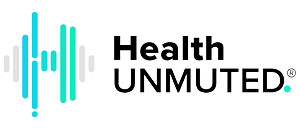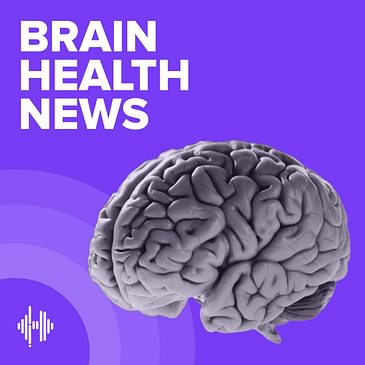This episode is hosted by Drew Holzapfel, Chief Operating Officer of the Davos Alzheimer's Collaborative. He’s joined by Dr. Sasha Bozeat and Dr. Mikele Epperly, two leaders from Roche who are focused on neurological disease and brain health.
They share a glimpse into the cutting-edge research, innovative solutions, and collaborative efforts that are shaping the future of brain health on a global scale.
This is our final episode of the recordings from the 2024 World Economic Forum Annual Meeting, however we plan to update this podcast series with more news about brain health as it unfolds.
Be sure to follow this show in your favorite podcast player, and subscribe to our Health UNMUTED newsletter to be notified as new episodes are released.
The Brain Health News podcast, part of Health UNMUTED, was created by Mission Based Media in association with the Davos Alzheimer’s Collaborative.
00:04 Introduction to Brain Health News Podcast
01:09 Value of the Davos Alzheimer's Collaborative
02:45 Roche's Focus on Brain Health
03:59 Brain Health vs. Alzheimer's
06:29 Uncovering Individual Risk Factors
07:23 The Neurological Revolution



